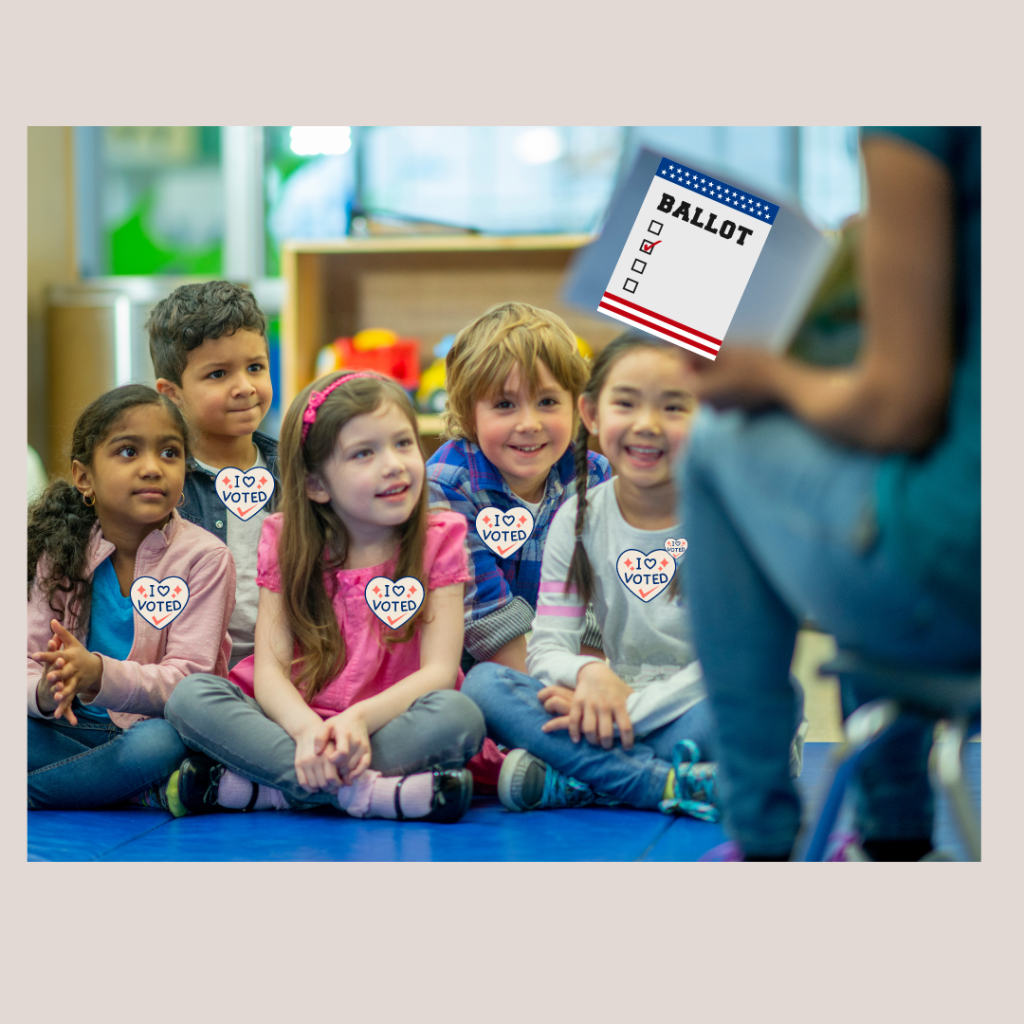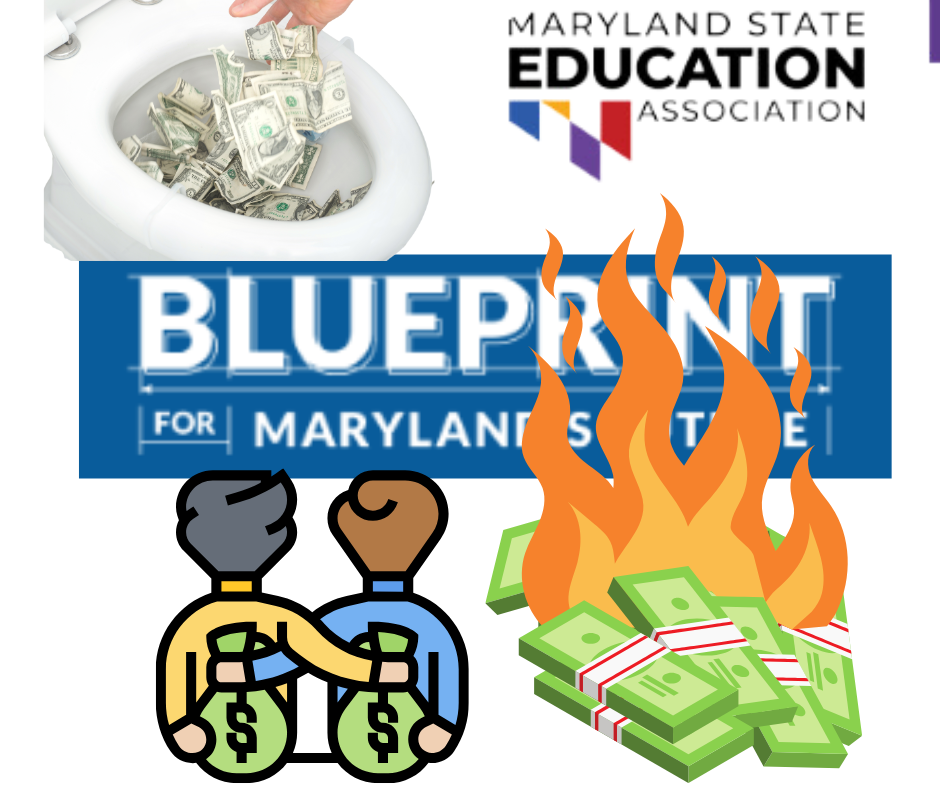Two Maryland Counties Give Students Grades 6 to 11 Voting Rights to Elect Student School Board Members

Please follow us on Gab, Minds, Telegram, Rumble, Truth Social, Gettr, Twitter
There was a time when you had to be 21 years old to vote. Then, the age was lowered to 18 with the rational that if 18-year-olds could be drafted, they should be allowed to vote. Now, in Anne Arundel and Howard Counties, 11-year-olds may be given that right; to vote that is. Sounds cute and clever, right? Not so fast.
It all started when counties started putting students on local school boards. The rationale was that the kids could give the adults a great perspective on how the schools were doing. The argument at the time was that these student board members would NOT vote on any school system issues much less sensitive issues with major impact. In many counties it is still that way.
This is changing.
Student members of eight school boards across Maryland have voting rights, as does the student member of the State Board of Education.
Allowing students to vote on county school board issues seems counterintuitive. Many of these student members are minors who will be voting on issues such as the budget for the system, and, in one instance in 2020, whether or not schools should be reopened after Covid. In that case, the student members in Howard County voted to keep schools closed. This caused a deadlock on the board and therefore the schools did not reopen.
This triggered a lawsuit by two parents. The lawsuit alleged that allowing the students to vote violated the Maryland Constitution which prohibits minors from voting or from serving in public office. The suit was denied because the Maryland Supreme Court determined that school boards are NOT positions created by the State Constitution. They also determined that the fact that student member positions on school boards were created and their roles defined on school boards in the 70's and 80's.
In 2007, a student board member was created for the Howard County Board. The requirements were that the student be 16-17 years of age and live in Howard County.
Many point out that kids this age may not have the life experiences to make a valid vote on issues such as reopening schools or teachers' salaries. They also could be subject to the manipulations of adults on the board. Traci Spiegel and Kimberly Ford, who brought the suit, made this comment:
“We are extremely disappointed with today’s ruling permitting a 16-17 year old minor — elected by 11-17 year old minors — to cast binding votes on the Howard County BOE,” they wrote in a statement. “Our disappointment should be nothing, however, compared to Marylanders’ shock when they learn that the State Constitution does not apply whatsoever when it comes who serves on and who selects Members of local BOEs. And by whatsoever we literally mean anyone and anything including 5-year-olds, non-Marylanders, anyone. We ask community members that are paying taxes — where does this end?”
Their concerns are valid. Where does this end?
Even more controversial is how these voting student board members are selected. Each county has their own process, but two Maryland counties seem intent to lead the way in progressive lunacy. Not only will student school board members be allowed to vote on district issues, but they will also be elected by some of the children in their district.
In Anne Arundel County, 6th through 12th grade voted on April 18th to choose student board members from three candidates. Once they voted, the winner's name was sent to the Governor who will then appoint the winner to the board. The name of the winner was unavailable as of this story. Anne Arundel County student school board members have full voting rights on ALL issues. The student board member gets an $8,000 scholarship.
In Howard County, students will vote on May 1 to choose from two candidates. Howard County student board members can vote on all issues except personnel, budget or other restricted issues. Student school board members in Howard get a $5000 scholarship.
Only public-school students get to vote in both cases.
Locally, the Talbot County School Board has two student board members who do NOT vote on issues. They do comment in discussions on policy and update the Board on what is going on in their schools. The board has ONE student from St. Michaels High School and one from Easton High School.
The practice of allowing minors to hold positions and vote on school boards is picking up steam and seems to be the harbinger of things to come, the lowering of the voting age for all local, state and federal elections.
Maryland's constitution has made it easy for communities to pass measures to lower the voting age. Five communities — Takoma Park, Hyattsville, Greenbelt, Riverdale Park and Mount Rainier — permit 16- and 17-year-olds to vote in local elections. They are the only communities in the nation where the voting age has been lowered to 16.
Berkeley and Oakland California have passed laws to allow 16-year-olds to vote as well.
It's something that has been on the books since 2020:
More cities consider letting 16-year-olds vote in local elections - The Washington Post
Many argue that the right should extend to ALL elections. Proponents say that many 16-year-olds have jobs, are taxpayers, and are knowledgeable enough to have the right. Opponents say that 16-year-olds are too immature to vote, are liable to be swayed by the opinions of adults in their lives, and often don't understand the ramifications of their choices.
One wonders where this will stop. Will we keep lowering the age until children can vote at any age? If we judge by the fact that in Maryland youngsters as young as 12 can make mental health decisions without parental notice or approval, that could happen. And children as young as two can decide which gender they are. So, why not let them vote?
However, it will be difficult to support that when the Maryland General Assembly's Juvenile Justice legislation claims that anyone under the age of 25 cannot be mentally mature enough to be accountable for their decisions in criminal matters.
It's a conundrum created by Progressives. A conundrum with serious consequences. Let's hope common sense prevails.
